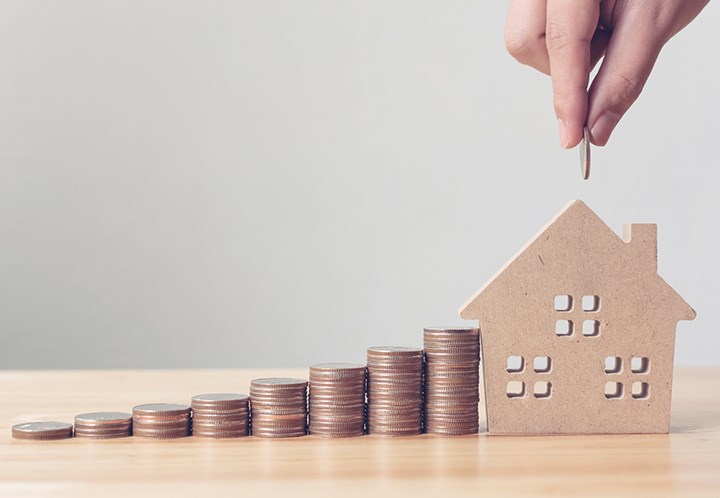Ever thought about living away from the hustle and bustle of city life? Off-grid living means being independent and eco-friendly, and it’s getting more popular every day. Imagine having your own cozy cabin in the woods or a modern, green home. Going off-grid means living without relying on big systems for electricity, water, or internet. It’s about freedom, nature, and sustainability.
The Off-Grid Revolution: More Than Just a Trend
Off-grid living isn’t just for nature lovers or survivalists. It’s a choice people of all ages and backgrounds are making. Families, retirees, and young adventurers are all seeing the benefits. It’s about cutting down on bills, reducing your carbon footprint, and taking control of your life.
But let’s be clear: going off-grid is both a challenge and an adventure. It requires careful planning, a willingness to learn new skills, and, often, a significant upfront investment. The payoff? Greater self-sufficiency, a deeper connection with your environment, and, often, substantial long-term savings.
Architectural Innovations: Building Your Off-Grid Dream
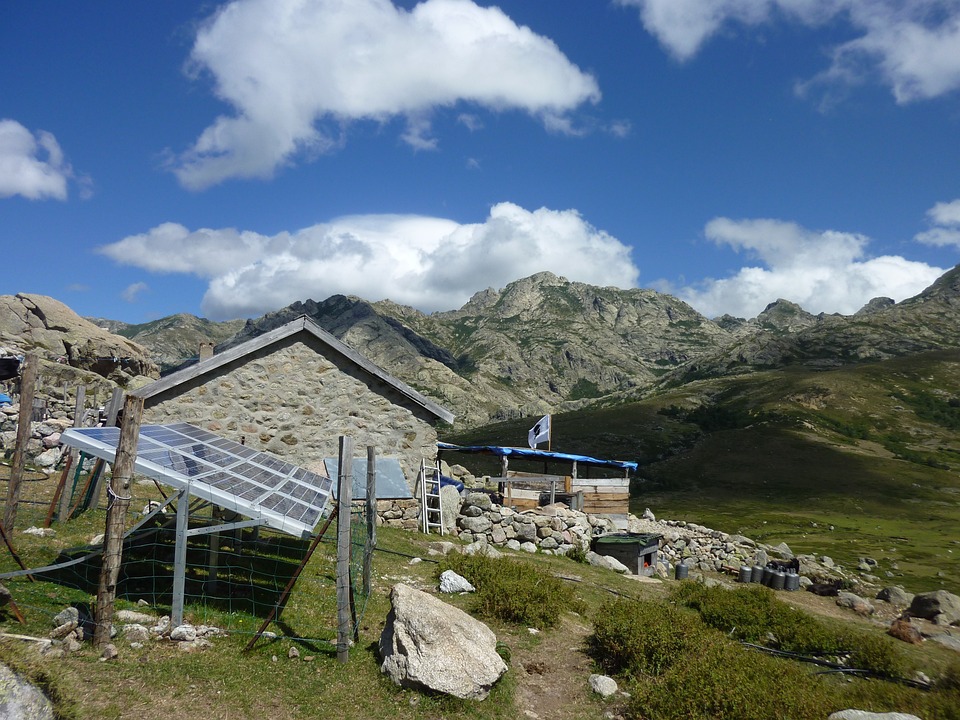
Your off-grid journey starts with your home. Here are some cool ideas for building it:
- Passive Solar Design: Use the sun’s energy to heat and cool your home.
- Natural Insulation: Use materials like straw or earth for better temperature control.
- Green Roofs: Grow plants on your roof for extra insulation and water management.
- Modular Designs: Make your home easy to expand or change as you need.

These innovative approaches minimize your environmental impact and can also result in stunning, one-of-a-kind homes that blend seamlessly with their surroundings. (ArchDaily)
Powering Your Independence: Energy Solutions
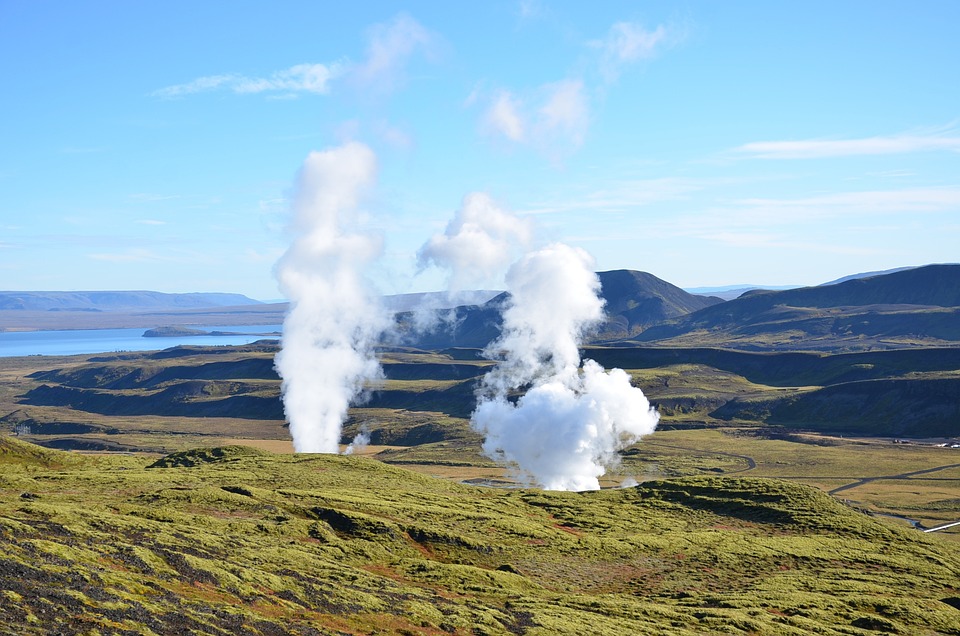
Being off-grid means creating your own power. Here’s how you can do it:

- Solar Power: Great for sunny places, providing reliable energy.
- Wind Turbines: Perfect for windy areas.
- Micro-Hydro Systems: Use a nearby water source for power.
- Geothermal Energy: Use the Earth’s temperature for heating and cooling.
Geothermal systems, particularly, are gaining popularity for their efficiency and reliability. By circulating fluid through underground pipes, these systems can heat and cool your home in winter and summer while using minimal electricity. (Practical Off-Grid Living)
Water: The Lifeblood of Your Off-Grid Home
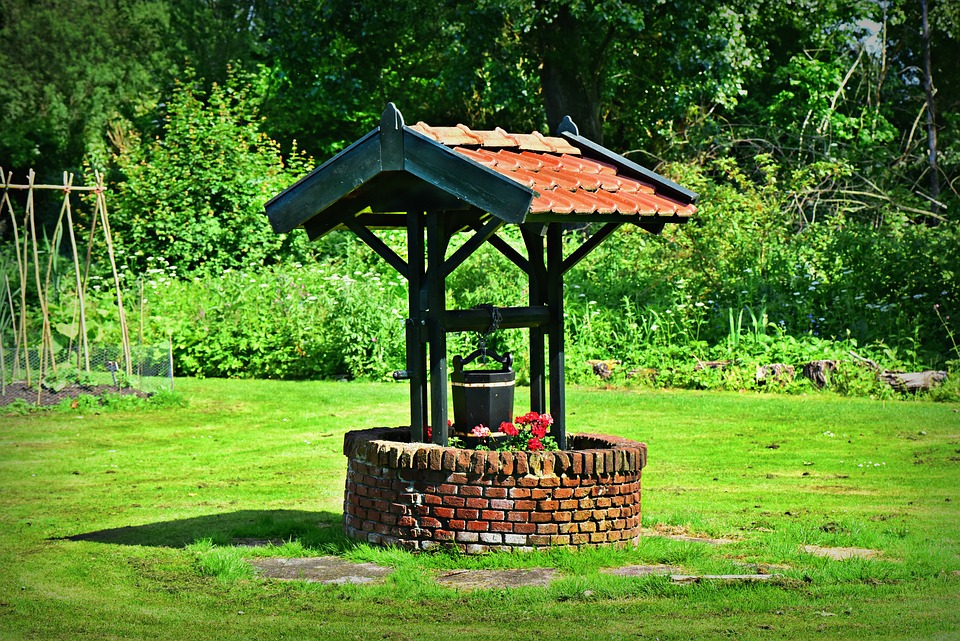
You need a good water system to live off-grid. Here are some options:
- Rainwater Harvesting: Collect rain from your roof.
- Well Systems: Use groundwater from a well.
- Greywater Recycling: Reuse water from sinks and showers for your garden.
- Filtration and Purification: Make sure your water is clean and safe to drink.

Remember, water isn’t just for drinking—it’s essential for hygiene, cooking, and potentially for powering micro-hydro systems or maintaining gardens. (Today’s Homeowner)
Staying Connected: Off-Grid Doesn’t Mean Out of Touch
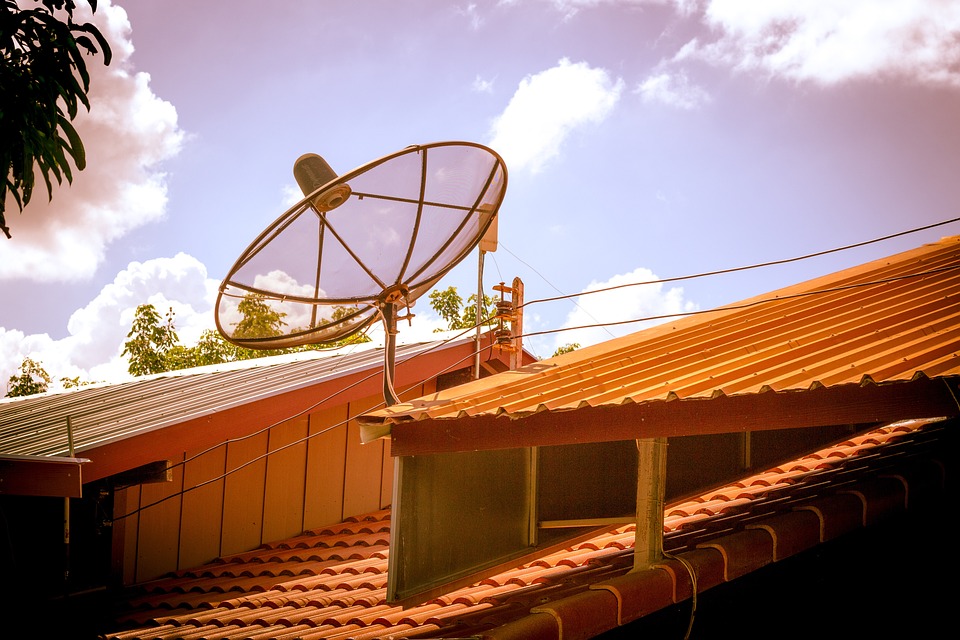
Living off-grid doesn’t mean cutting off from the world. You can stay connected with these options:

- Satellite Internet: Works almost anywhere with a clear sky.
- Mobile Hotspots: Use cell networks if they’re available.
- Long-Range Wi-Fi: Connect to faraway signals with special equipment.
These will help you keep in touch with family, work remotely, or get help in an emergency.(Primal Survivor)
Inspiration: Cutting-Edge Off-Grid Homes
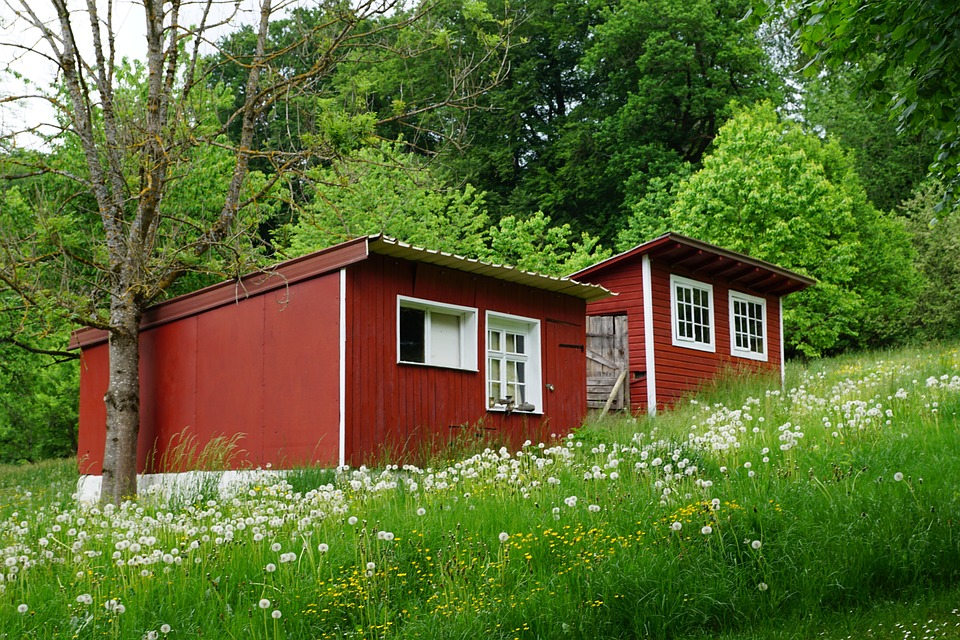
Check out these amazing off-grid homes for inspiration:
- The Earthship: Made from recycled materials and totally self-sufficient.
- The Floating Home: Off-grid living on water.
- The Smart Cabin: A mix of rustic and high-tech.
- The Underground House: Uses the Earth’s natural insulation.
- The Tiny Home on Wheels: Mobile and off-grid for the adventurous.

These homes prove that off-grid living can be comfortable, stylish, and tailored to diverse lifestyles and environments. (Off Grid World)
Your Off-Grid Action Plan
Ready to dive in? Here’s how to start:
- Assess Your Needs: Decide what’s most important for you.
- Choose Your Location: Think about the climate, laws, and resources.
- Design Your System: Plan your energy, water, and waste systems with experts.
- Start Small: Try it out with a weekend retreat first.
- Build Your Skills: Learn how to maintain and fix your systems.
- Connect with Others: Join off-grid communities for tips and support.
Remember, off-grid living is a journey. You’ll keep learning and adapting as you go.
Your Sustainable Future Awaits
Off-grid living offers independence, eco-friendliness, and a deeper connection with nature. It’s not always easy, but the benefits are huge. Whether you go all-in or just adopt some off-grid practices, you’ll find it rewarding. So, are you ready to start your off-grid adventure? The journey to a sustainable, self-sufficient life starts now!
So, are you ready to unplug, recharge, and embrace a more sustainable way of life? Your off-grid adventure begins now!

How to Get Out of Credit Card Debt: Simple Tips
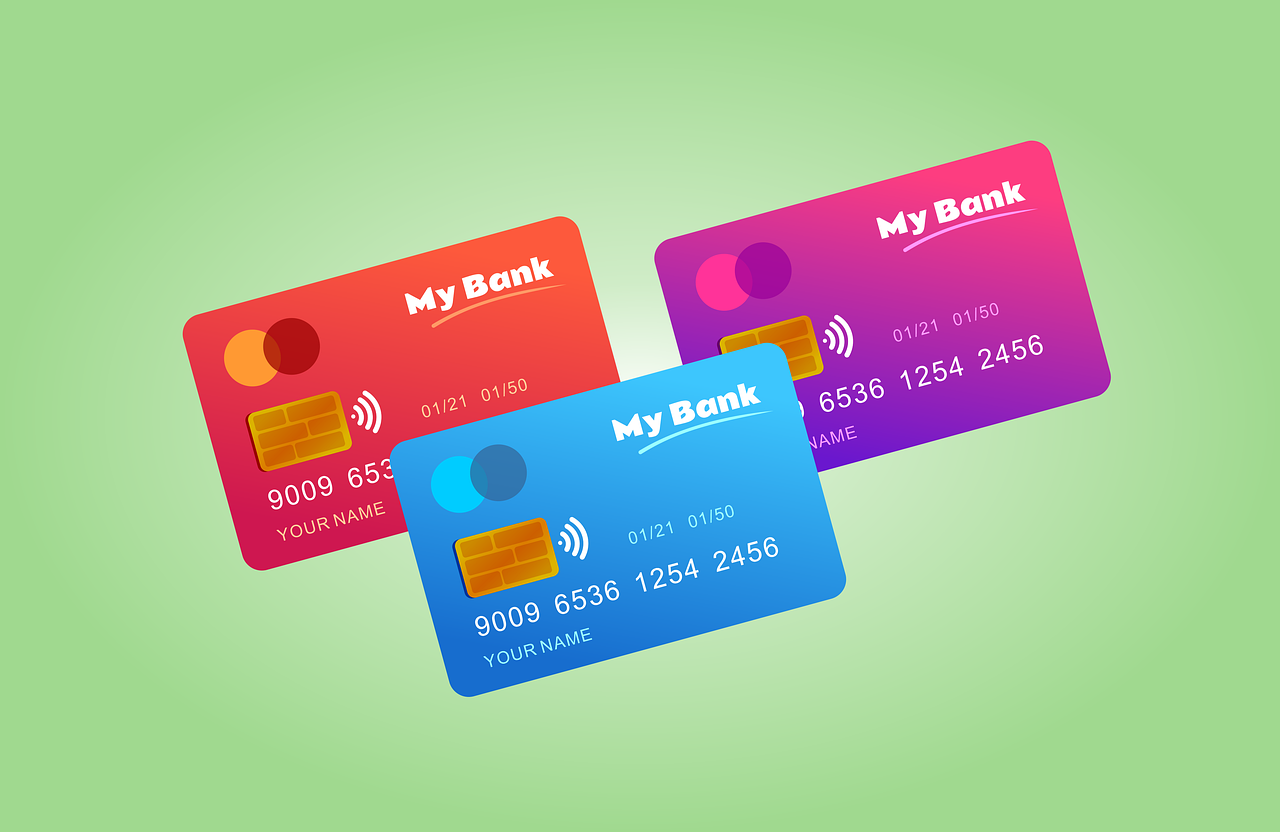
Why Credit Repair Matters: Simple Insights and Tips

Credit Reports and Scores: Your Ticket to Financial Health






